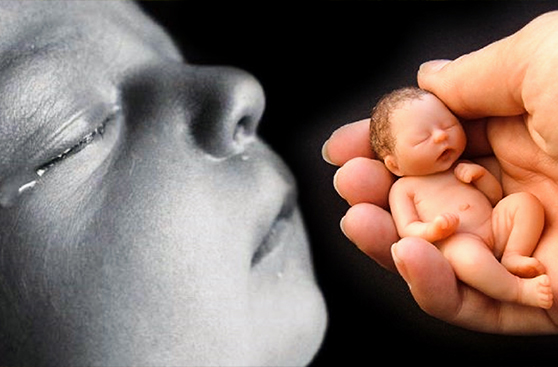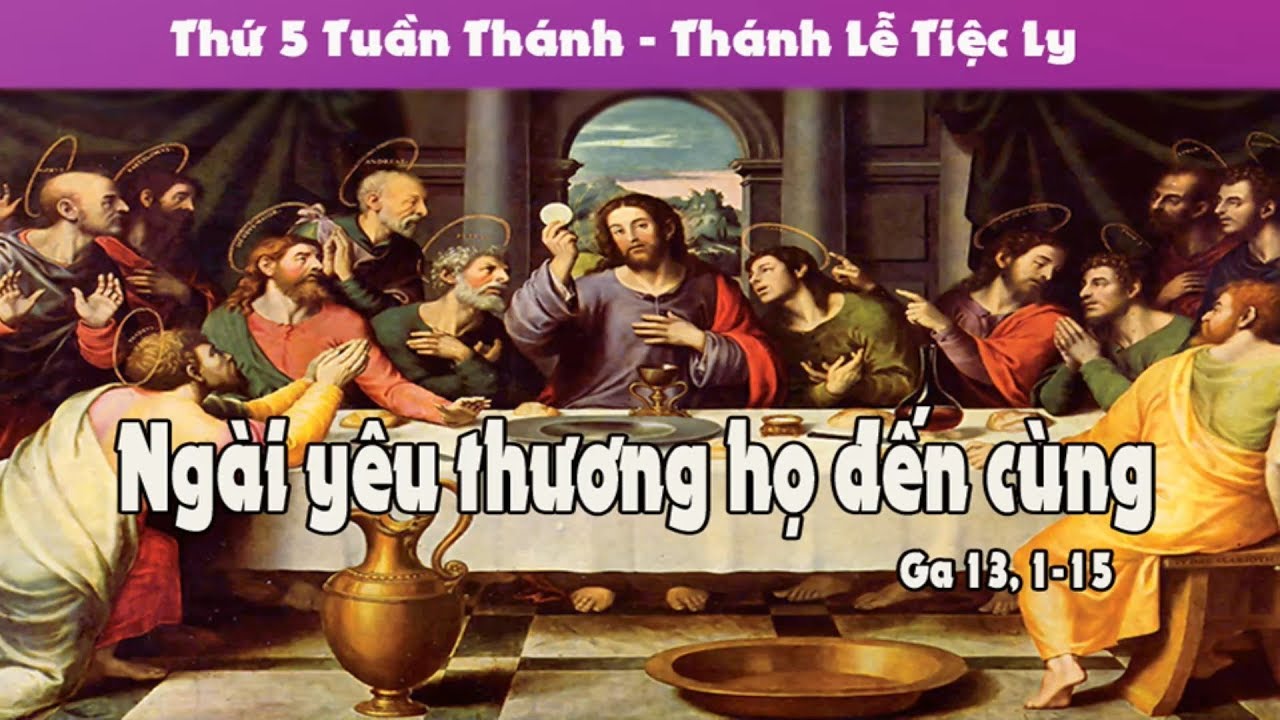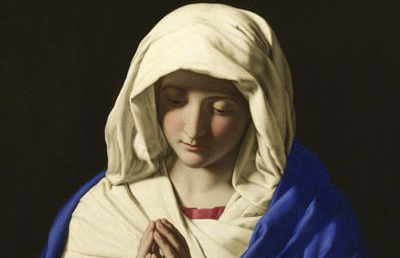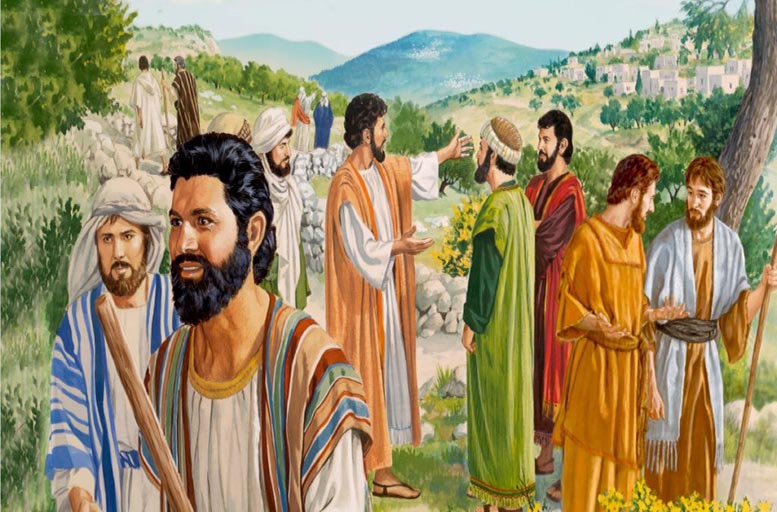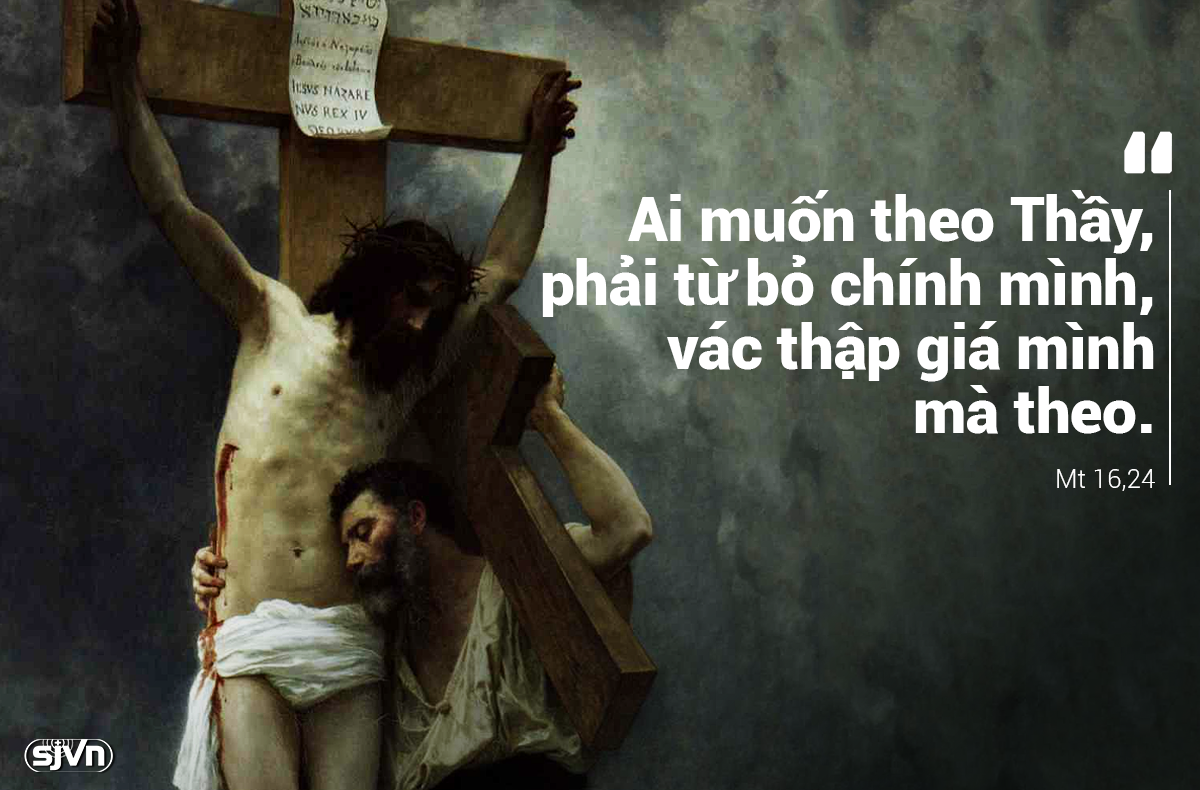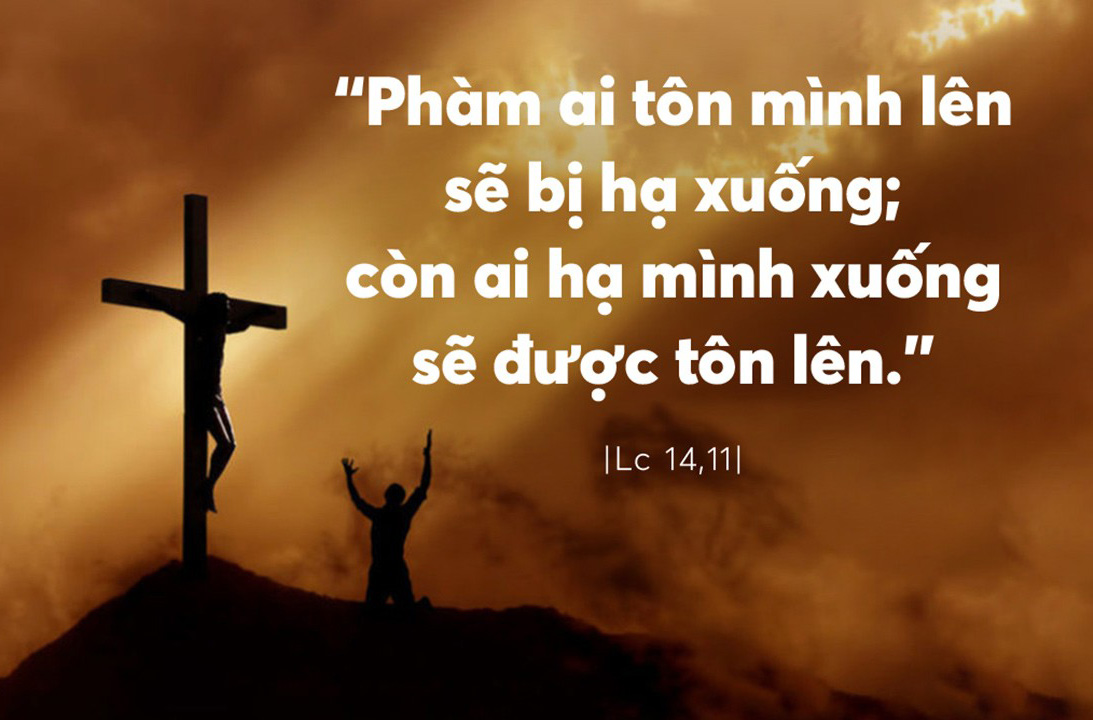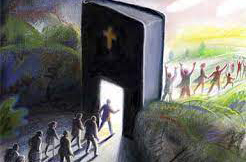Reflection
Second Sunday of Easter | Year C
John 20:19-31
In the evening of that same day, the first day of the week, the doors were closed in the room where the disciples were, for fear of the Jews. Jesus came and stood among them. He said to them, ‘Peace be with you’, and showed them his hands and his side. The disciples were filled with joy when they saw the Lord, and he said to them again, ‘Peace be with you.
‘As the Father sent me, so I am sending you.’After saying this he breathed on them and said:‘Receive the Holy Spirit.For those whose sins you forgive,they are forgiven; for those whose sins you retain,they are retained.’
Thomas, called the Twin, who was one of the Twelve, was not with them when Jesus came. When the disciples said, ‘We have seen the Lord,’ he answered, ‘Unless I see the holes that the nails made in his hands and can put my finger into the holes they made, and unless I can put my hand into his side, I refuse to believe.’ Eight days later the disciples were in the house again and Thomas was with them. The doors were closed, but Jesus came in and stood among them. ‘Peace be with you,’ he said. Then he spoke to Thomas, ‘Put your finger here; look, here are my hands. Give me your hand; put it into my side. Doubt no longer but believe.’ Thomas replied, ‘My Lord and my God!’.
Jesus said to him:‘You believe because you can see me.Happy are those who have not seen and yet believe.’
There were many other signs that Jesus worked and the disciples saw, but they are not recorded in this book. These are recorded so that you may believe that Jesus is the Christ, the Son of God, and that believing you may have life through his name.
Reflection
The first words Jesus said when he stood among the apostles and later when he appeared to them when Thomas was present, were “Peace be with you.” To our ears these are beautiful words offered as a greeting, very akin to a blessing.
Jesus said these words to a group of frightened people who were “in fear of the Jews” and living in great uncertainty since hearing people talking about seeing Jesus. Anxiety levels would have been high, and so would the possibility of instinctive reactions that might lead to chaos and conflict among the gathered apostles.
The first words Jesus uttered to them were calming words which conveyed a sense of what he wished for them – to be at peace with what had happened, to exchange anxiety for trust and uncertainty for knowledge.
Fear and uncertainty are powerful generators of anxiety. Decisions made in a state of anxiety are not always good decisions, especially if fear is driving the anxious state. Jesus knew that before he could communicate in a meaningful way with the apostles he needed to reduce their anxiety and assure them that in his risen state he was as concerned about them as he had always been.
Being able to reduce our anxiety levels is a great gift. Not everyone has that gift. As children we learn some self-soothing and calming skills but not everyone has family circumstances which allow these skills to be fully developed. Anxious adults may need psychological or medical help in dealing with their anxiety in order to live a fulfilling life. Everyone suffers from anxiety at some level at some stage.
Jesus began calming the apostles with his words “Peace be with you”. Then he let them overcome their uncertainty about him by showing them his wounds. They were afraid of the Jews because they were so focused on them. Once they realised Jesus was really with them, he became their focus and the fear subsided, to be replaced by joy.
In what Jesus did there are simple lessons about reducing anxiety. Believe that he is present and that he wants us to be at peace. If possible establish what is real and what is not among the fears driving the anxiety. Change the focus from that which generates the anxiety to something interesting and positive.
Replacing fear and anxiety with peace and trust takes practice. Thomas needed a private lesson, and we too may need help. But it is one of the most spiritually freeing skills to learn, helpful in our relationships with both God and others.
The List of Contributions Received by Caritas Vietnam
1. The list of 2024 contributions to the Caritas Vietnam general charity fund
2. The list of 2023 contributions to the Caritas Vietnam general charity fund
Latest project information
Copyright © 2018 by COMMISSION on CHARITY and SOCIAL ACTIONS - CARITAS VIETNAM
Total visits: 25,107,368


